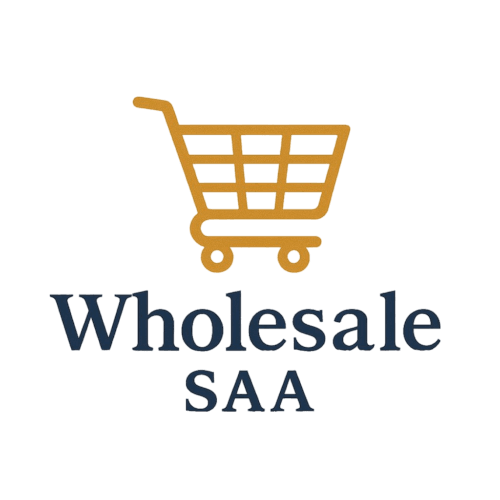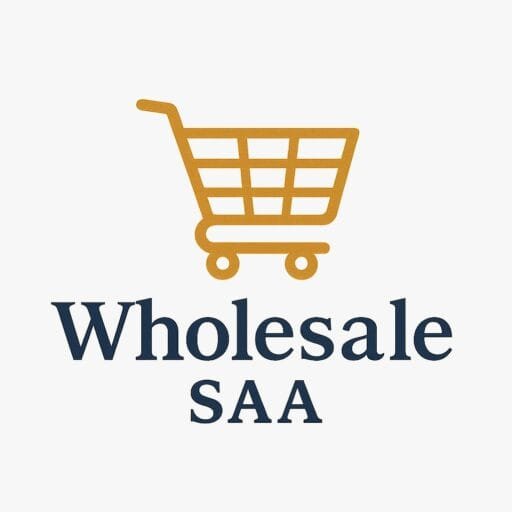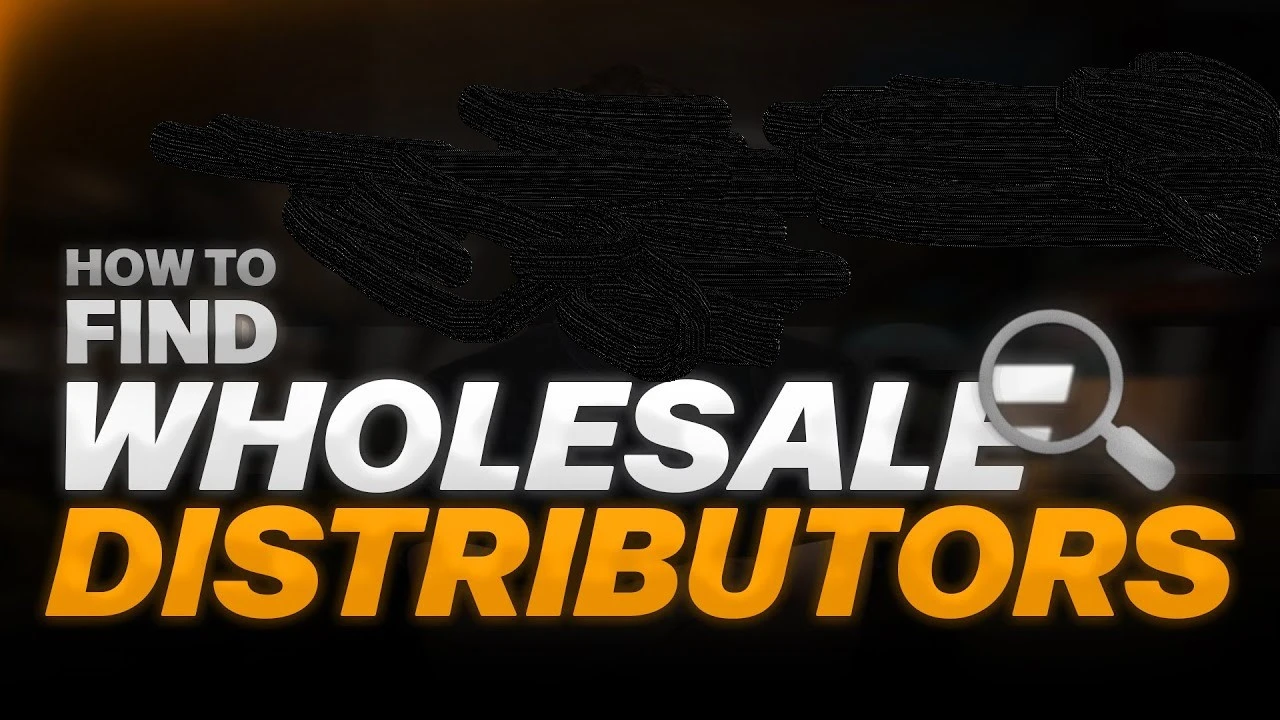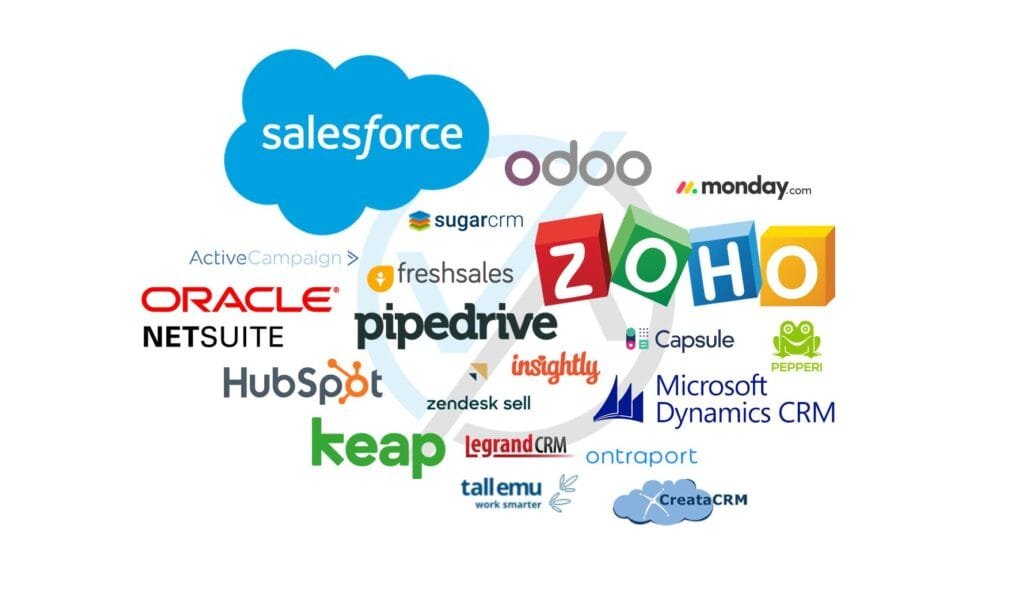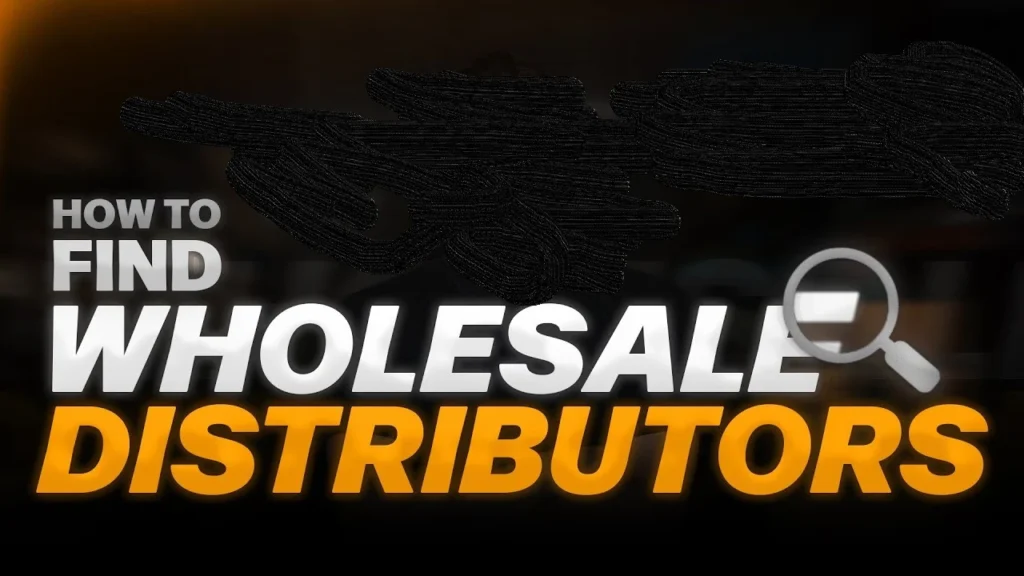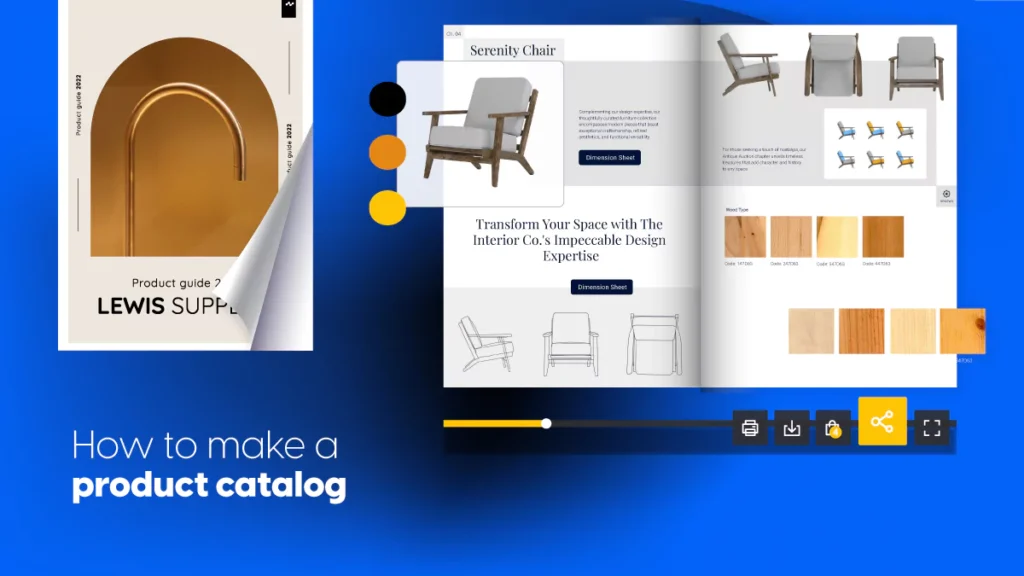In the ever-expanding digital marketplace, sourcing the right products at competitive prices is crucial for running a successful retail or e-commerce business. One of the biggest challenges retailers face is finding reliable wholesale distributors online. With thousands of suppliers available and countless online platforms promising fast service and cheap goods, it’s easy to get overwhelmed or worse, scammed.
Whether you’re starting a dropshipping business, launching a boutique brand, or scaling a brick-and-mortar store online, choosing the right wholesale distributor can make or break your supply chain.
This guide will help U.S.-based entrepreneurs and business owners learn how to find, evaluate, and partner with trustworthy wholesale distributors online. We’ll cover the key benefits of doing it right, common pitfalls to avoid, and provide real-world examples to help you navigate your digital sourcing journey with confidence.
Why Choosing the Right Online Wholesale Distributor Matters
- Your Brand Reputation Is at Stake
Unreliable suppliers can deliver poor-quality products, miss shipping deadlines, or disappear after receiving payment. This directly affects customer satisfaction, refunds, and your brand’s image.
- Your Margins Depend on It
The right wholesaler offers you competitive pricing, bulk deals, and consistent availability all crucial for maintaining healthy profit margins and growth potential.
- It Impacts Scalability
A reliable distributor allows your business to scale without fear. They’ll be able to accommodate increased demand during peak seasons and offer you streamlined logistics support.
Key Impacts of Sourcing Wholesale Online
- Increased Access to Global and Niche Markets
Unlike local sourcing, online wholesale platforms give you access to global manufacturers and niche product categories from eco-friendly beauty products to tech gadgets.
- Improved Operational Efficiency
Online portals and platforms often offer integrated inventory, ordering, and shipment tracking systems, streamlining your operations and reducing manual work.
- Better Negotiation and Customization
With online communication tools, you can directly message manufacturers, negotiate minimum order quantities (MOQs), or request customized packaging, all without leaving your office.
How to Find Reliable Wholesale Distributors Online
Step 1: Identify Your Product Niche and Market
Start by clearly defining:
- The products you want to sell
- Your target audience
- Your budget and expected profit margins
Knowing this upfront helps you filter out wholesalers that don’t align with your brand vision.
Example: If you sell sustainable skincare products, you’ll want distributors who specialize in organic, cruelty-free beauty brands rather than generic cosmetic goods.
Step 2: Start with Trusted Wholesale Directories
Online directories serve as databases of vetted wholesalers. Some of the most trusted directories in the U.S. include:
| Directory | Description |
| SaleHoo | Verified suppliers with market research tools |
| Worldwide Brands | Lifetime access to thousands of certified U.S. wholesalers |
| ThomasNet | Ideal for industrial and commercial B2B sourcing |
| Doba | Dropshipping-friendly platform with integrated tools |
| Faire | Wholesale platform for boutiques to buy from U.S. brands |
Pro Tip: Avoid directories that don’t provide contact information, charge high upfront fees without verification guarantees, or lack reviews.
Step 3: Use B2B Marketplaces with Caution
Platforms like Alibaba, AliExpress, and DHgate are popular for international sourcing. While they offer low prices and vast product selections, not all suppliers are reliable.
Look for:
- Verified badges
- Years of experience
- Trade assurance or payment protection
- Reviews from U.S. buyers
- Detailed product listings
Red Flags:
- No verifiable company address
- Poor grammar or unclear communication
- Pressure to complete transactions off-platform
Example: A clothing boutique owner in Dallas ordered from a supplier on Alibaba with thousands of positive reviews, but insisted on using Trade Assurance to ensure quality and delivery. This safeguarded their investment after an initial delay.
Step 4: Search Google Like a Pro
Most legitimate wholesalers aren’t SEO experts. To find them on Google:
Use long-tail search phrases like:
- “U.S. wholesale distributor for eco-friendly bags”
- “bulk supplier for organic candles USA”
- “wholesale home decor manufacturers in California”
Add terms like:
- “wholesale”
- “distributor”
- “bulk supplier”
- “manufacturer”
Check past page one; legitimate wholesalers often don’t rank high due to limited SEO.
Step 5: Verify Supplier Legitimacy
Before partnering, do your due diligence. Here’s how:
- Check Business Licensing
Use sites like:
- Better Business Bureau (BBB)
- Dun & Bradstreet
- OpenCorporates.com
- Ask for Key Information
- Business license or tax ID
- Physical address and phone number
- Trade references or sample products
- Return/refund policies
- Minimum order quantity (MOQ)
- Test Their Communication
Prompt, professional communication is a sign of credibility. Ask questions about product sourcing, shipping times, and customization.
Step 6: Order Samples Before Committing
Never make large purchases without ordering samples first. This lets you evaluate:
- Product quality
- Shipping time and packaging
- Accuracy of product descriptions
Real-World Example: A Texas-based Amazon seller tested two pillow suppliers through samples. One product arrived late and misshaped; the other matched the listing exactly and shipped within 3 days. The latter became their long-term partner.
Step 7: Understand Payment Terms
Common payment terms for wholesale transactions include:
- Net 30/60/90 (Pay 30/60/90 days after delivery)
- Prepayment for first order (common for new clients)
- Escrow or Trade Assurance (for international deals)
Avoid:
- Western Union or cash payments
- “Too good to be true” discounts for upfront payments
- Suppliers who won’t offer contracts or receipts
Use PayPal Business or credit cards for added dispute protection where available.
Step 8: Use Wholesale Trade Shows and Forums
Even if you operate fully online, attending virtual or in-person trade shows can help you connect with verified wholesalers.
Popular U.S. trade shows and platforms:
- MAGIC Las Vegas (Fashion)
- ASD Market Week (General Merchandise)
- Online forums like Reddit’s r/Entrepreneur or Wholesale Forums
Pro Tip: Many trade shows now offer virtual showcases where you can meet suppliers via Zoom, view catalogs, and request samples.
Key Considerations Before Signing a Wholesale Agreement
Before you enter into a long-term deal, evaluate:
- Pricing structure: Ensure enough margin after wholesale cost, taxes, and shipping.
- Shipping terms: Who pays for it? What’s the average lead time?
- Return policy: Can you return damaged or unsold items?
- Exclusivity: Can the wholesaler work with your competitors?
- Support and contact: Is there a dedicated account manager?
Real-World Examples of Wholesale Success Stories
- E-Commerce Beauty Brand
A skincare startup based in Los Angeles partnered with a verified organic ingredient supplier from Faire. By offering white-labeled products and fast fulfillment, they were able to launch within 3 months and scale to $10,000/month in sales.
- Furniture Boutique
A New York home décor store sourced handmade furniture from ThomasNet-verified U.S. woodworkers. This local sourcing strategy ensured high quality and enabled them to market their products as “Made in America.”
- Amazon FBA Retailer
A Florida-based FBA seller used Doba to dropship consumer electronics. By leveraging integrated inventory alerts and automated order processing, they scaled to six figures in annual revenue without owning physical stock.
Mistakes to Avoid When Looking for Online Distributors
- Failing to vet properly: Trust but verify every claim.
- Ordering in bulk from untested suppliers: Always test with samples.
- Not reading contract terms: Understand refund, restocking, and shipping policies.
- Ignoring customer reviews: These offer honest insights on reliability.
- Going with the cheapest option: Price isn’t the only metric, quality and reliability matter more.
Final Checklist Before Choosing a Wholesale Partner
- Is the supplier verified and licensed?
- Are there positive reviews from other U.S. buyers?
- Do they offer secure payment and shipping options?
- Have you received and approved samples?
- Is the pricing sustainable for your profit margin?
- Do they offer reliable customer service?
Conclusion
Finding reliable wholesale distributors online isn’t about luck, it’s about research, verification, and building strong partnerships. Whether you’re launching a side hustle, opening a boutique, or scaling your online brand, the quality of your suppliers will determine your long-term success.
By using vetted directories, exploring B2B platforms wisely, ordering samples, and clearly defining expectations, you can confidently build a sustainable, scalable, and profitable business with reliable wholesale partners.
Start small, build smart, and always trust data over promises.
